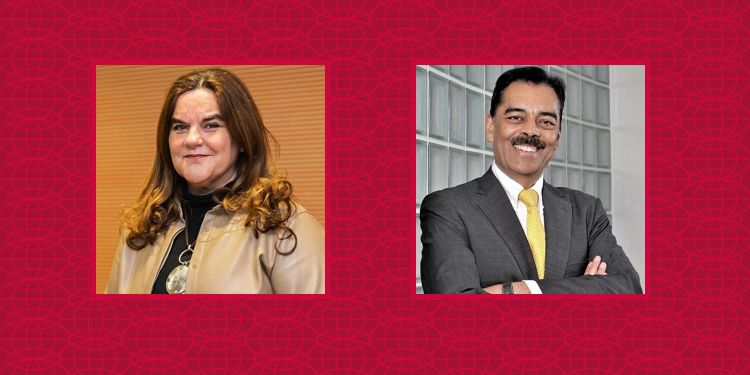Creating Emerging Markets Sustainability Series – How to Build a Culture of Intrapreneurship
Today, the concept of “sustainable innovation” seems commonplace and is generally accepted as a viable path balancing business growth with responsibility towards the environment and society. To sell their products and services, large companies have bought into the success of the trend by making bold “100% sustainable” statements about their business models. However, concerns over greenwashing – a term referring to misleading claims about corporate environmental impacts – have also led to multiple consumer lawsuits against companies from The Hershey Co. to United Airlines. In a landscape with increased awareness about the gaps between promises and action, it is worth considering one fundamental building block that does not always make headlines: corporate culture. Researchers emphasize the importance of a culture that encourages progress, outlining how “sustainability-oriented innovation involves making intentional changes to an organization's philosophy and values.” But what kind of philosophy and values lead to a corporate culture that allows for sustainable innovation, and how might this differ from one country to another?
Existing research across geographies highlights entrepreneurial thinking as the key to meaningful progress. When applied within the confines of an established company, this outlook can be described as employee “intrapreneurship” – a practice vividly illustrated in recent interviews from the HBS Creating Emerging Markets project. Below, we feature the approaches to building this culture as presented by two prominent executives from Uruguay and Kenya, María Michelena in financial consulting, and Vimal Shah in Fast-Moving Consumer Goods (FMCG):
- María Michelena is the Co-Founder and Executive Director of InGenia Uruguay, an outsourcing and strategic consultancy services company based in Montevideo. Established in 2003, InGenia specializes in risk management for Uruguay’s financial sector. Michelena also serves as Chairwoman of OMEU (Organización de Mujeres Empresarias, Ejecutivas y Emprendedoras del Uruguay), a non-profit focused on advancing women’s economic development and entrepreneurship in the country. In her interview, Michelena stresses her view that innovation extends beyond a single person or department and never happens in a vacuum.
“Innovations happen at a company or an organization—whatever the case may be—where there is room to make mistakes, where there is open-mindedness, where there is diversity, where there are different opinions, and where people feel that they can speak up and are willing to respect other people’s opinions. Without those basic requirements, it’s pointless […] In my opinion, 90% of the success in any innovation process may be attributed to the setting where that innovation will be set up.” – Page 98 of Interview Transcript.
Download this video clip and take a look at María Michelena’s full interview transcript to learn more from her views on the building blocks of innovation, which can apply to any substantive progress on sustainability initiatives.
- Vimal Shah is the Co-Founder and Chairman of Bidco Africa, a leading FMCG manufacturer based in Kenya that operates across East Africa. Established in 1985, the company owns over 50 brands in sectors including edible oils, hygiene, personal care, food, and beverages.
Similarly to Michelena, Shah discusses sustainable innovation from the perspective of larger systems rather than individuals or specific departments. However, his focus speaks to the importance of creating a transparent environment that clearly communicates how sustainable innovations will economically benefit workers across the value chain.
“What we’ve gone into now is creating many more entrepreneurs along the way, providing them with income earning opportunities. When I talk about SRC, a socially responsible corporate, [it’s about giving] them the ability to think that they can also make money from the system.” – Page 50 of Interview Transcript.
For a broader understanding of Vimal Shah’s approach to Corporate Social Responsibility, watch this video clip and download his full interview transcript. Defining traditional CSR as “cosmetic social responsibility,” Shah outlines an intentional choice to pursue essential and sustainable, albeit less visible, socio-economic impact.

